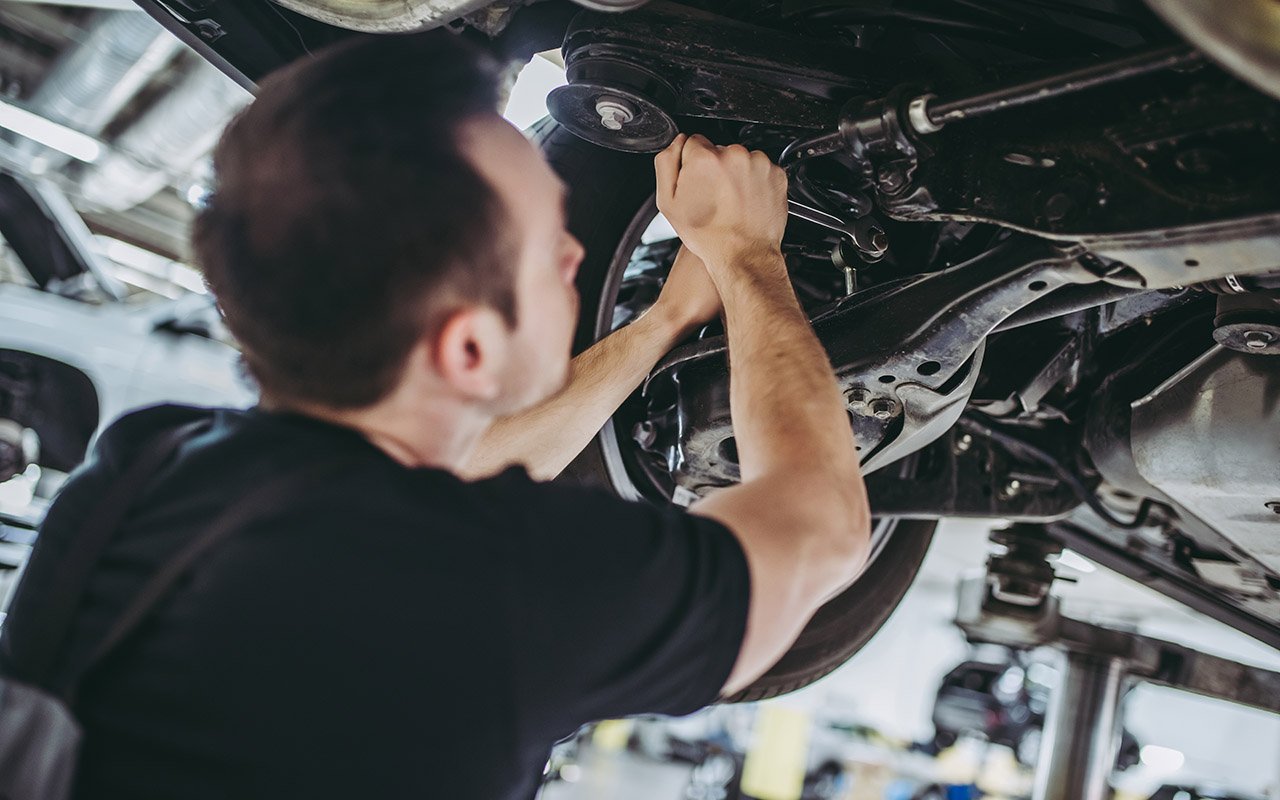
At London Motor Sports, we know how important it is to keep your car in top shape. A well-maintained vehicle not only ensures your safety but also helps you save money in the long run by preventing costly repairs. Here are some expert car repair tips that can help keep your car running smoothly for years to come.
1. Regularly Check and Change the Oil
One of the simplest yet most important things you can do to maintain your car is to check and change the oil regularly. The oil in your car lubricates the engine and keeps it running efficiently. Over time, oil breaks down and becomes less effective, leading to engine wear and tear.
Experts recommend changing your oil every 3,000 to 5,000 miles, depending on your car’s make and model. Always use the recommended oil type, as specified in your owner’s manual, to ensure optimal performance.
2. Keep an Eye on the Tires
Your tires are the only contact between your car and the road, so it’s crucial to keep them in good condition. Inspect your tires regularly for signs of wear, such as bald spots, cracks, or punctures. Proper tire maintenance not only extends their life but also improves your car’s fuel efficiency and safety.
Ensure your tires are properly inflated by checking their pressure once a month. Under-inflated tires can increase fuel consumption and cause uneven wear, while over-inflated tires can result in a rough ride and poor traction. Also, don’t forget to rotate your tires every 6,000 miles to ensure even wear across all four.
3. Replace the Air Filter
The air filter in your car plays a crucial role in maintaining engine performance. It ensures that only clean air enters the engine, preventing dust and debris from causing damage. A dirty air filter can restrict airflow, leading to reduced fuel efficiency and poor engine performance.
Experts recommend replacing your air filter every 12,000 to 15,000 miles. If you often drive in dusty conditions, you may need to replace it more frequently. A clean air filter is an easy and inexpensive way to keep your car running efficiently.
4. Maintain the Battery
A car battery is essential for powering all of your vehicle’s electrical components, including the lights, radio, and ignition system. Over time, batteries lose their charge and may fail without warning. To extend your battery’s life, ensure the terminals are clean and free from corrosion. If you notice any buildup, use a mixture of baking soda and water to clean the terminals gently.
It’s also a good idea to test your battery periodically. Most auto parts stores offer free battery testing. If your battery is more than three years old, consider replacing it before it fails.
5. Monitor Fluid Levels
Your car uses several fluids to keep various components working properly, including coolant, transmission fluid, brake fluid, and power steering fluid. Regularly checking and maintaining the right fluid levels is key to preventing breakdowns and ensuring your car performs optimally.
Check your fluid levels at least once a month. Low fluid levels can lead to overheating, poor braking, or transmission issues. If you notice any leaks or unusual fluid colors (such as dark brown or red for transmission fluid), have your car inspected immediately.
6. Change the Brake Pads
Your car’s brakes are one of the most important safety features, so it’s essential to maintain them properly. Over time, brake pads wear down and lose their ability to stop the car effectively. If you hear squeaking, grinding, or notice a longer stopping distance, it’s time to replace your brake pads.
Brake pads should be replaced every 30,000 to 50,000 miles, depending on your driving habits. If you mostly drive in stop-and-go traffic or mountainous areas, you may need to replace them more frequently.
7. Keep the Timing Belt in Check
The timing belt ensures that the engine’s valves open and close at the right time in relation to the pistons. If the timing belt breaks, it can cause serious damage to the engine, leading to costly repairs. Most experts recommend replacing the timing belt every 60,000 to 100,000 miles, but check your owner’s manual for specific recommendations for your car.
If you notice any strange noises coming from the engine or difficulty starting your car, have your timing belt checked by a professional.
8. Pay Attention to Warning Lights
Your car’s dashboard warning lights are there for a reason—they alert you to potential problems before they become serious. Don’t ignore warning lights such as the check engine light, oil pressure light, or battery warning light. These lights are your car’s way of telling you that something needs attention.
If a warning light comes on, consult your owner’s manual to understand what it means, and schedule a visit to your mechanic as soon as possible. Ignoring these lights can lead to bigger, more expensive problems down the road.
9. Maintain the Cooling System
The cooling system in your car prevents the engine from overheating. It’s important to maintain the radiator and cooling system to avoid costly damage. Regularly check the coolant level and look for any leaks. If you notice your car’s temperature gauge rising or your air conditioning system not working properly, it could be a sign of an issue with the cooling system.
Experts recommend flushing the coolant system every 2 to 3 years to remove any dirt or debris that could cause blockages.
10. Follow the Manufacturer’s Maintenance Schedule
Lastly, always follow the maintenance schedule outlined in your car’s owner’s manual. This schedule includes recommended service intervals for various parts and systems in your vehicle. Regular servicing at the recommended intervals is crucial for extending the life of your car and preventing major breakdowns.
At London Motor Sports, we offer expert car repair services to ensure your car runs smoothly. If you need assistance with any of the above tasks or more, don’t hesitate to reach out. Regular maintenance is key to keeping your vehicle on the road longer, and we’re here to help you every step of the way.
By following these simple expert car repair tips, you can ensure that your car stays in great condition, saving you time, money, and stress in the long run. Keep these tips in mind and enjoy a safer, more efficient driving experience!








